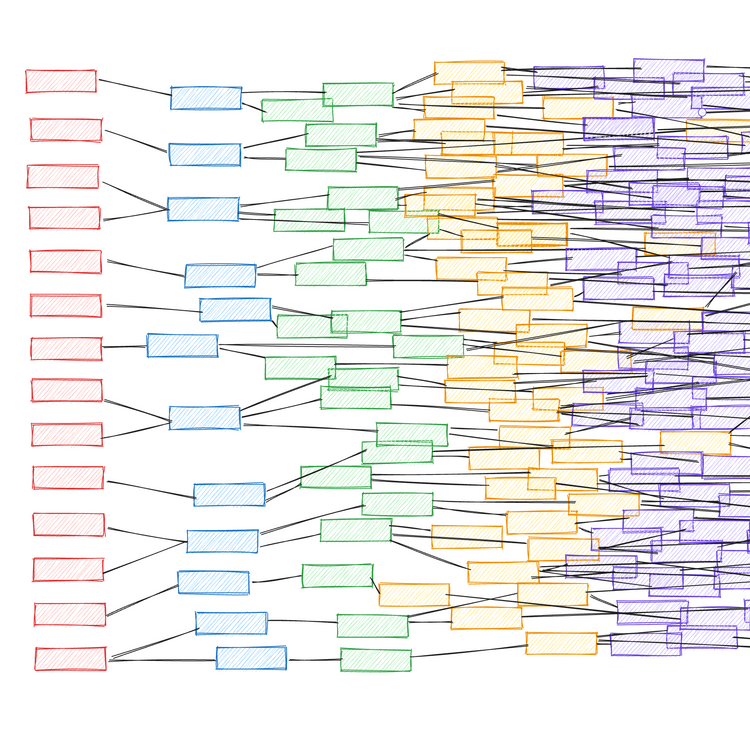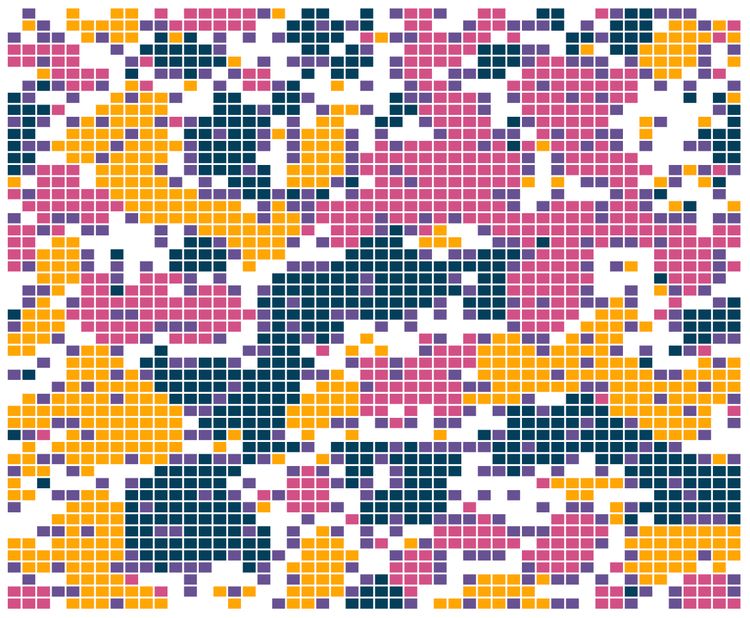Scottish People Are More Inclined to Skip the Gym and Watch the Footy Than English People

England and Scotland's much-anticipated clash in the Euro 2020 group stages culminated in a lacklustre 0-0 draw. But as someone who has been scraping occupancy data from one of the UK's largest gym providers, the encounter presented a unique opportunity to see how the nations' football fans adjusted their exercise routines to accommodate the occasion.
Although both nations' gym usage dropped during the match, the effect was greater for the Scots and more pronounced throughout the day than for English gymgoers.
Averaged over 13 gyms apiece, English gym occupancy was down 18.8% at kick-off relative to the same time and day over the prior six-week period, whereas Scottish occupancy plunged by 43.2%. Comparing the Area Under the gym occupancy Curve (AUC) - a measure of gym busyness over the entire day - English and Scottish gym usage was down 8.4% and 24.1% from baseline, respectively. Apparently, Scots were liable to forgo their workouts entirely rather than reschedule them around the game.
Here are some statistical results for the England-Scotland game that you may want to skip. I probably could have skipped doing them myself.
| Country | Relative change in gym occupancy at kick-off time vs previous 6 weeks |
Relative change in AUC over the entire day vs previous 6 weeks |
|---|---|---|
| England | -18.8% | -8.4% |
| Scotland | -43.2% | -24.1% |
A mixed two-way ANOVA model enables comparison of Scottish and English gyms ("between-subjects" factor) split by period ("within-subjects" factor). To correct for England's consistently busier gyms, data was normalised such that English and Scottish gyms each had mean occupancy levels of 1.0 during the six-week baseline period.
| Source (analysis at kick-off) | F-statistic | p-value |
|---|---|---|
| England/Scotland 1 | 1.40 | 0.248 |
| Match Day/Previous 6 Weeks | 77.72 | 5e-09 |
| Interaction | 12.07 | 0.002 |
| 1 After normalising data during 6 week baseline period. |
Gym occupancies are significantly reduced at kick-off compared to the previous 6 weeks (-31%, P<.001), and this effect is significantly greater for Scottish gyms than English gyms (24.4% lower for Scotland than England, P=.002).
| Source (AUC analysis) | F-statistic | p-value |
|---|---|---|
| England/Scotland 1 | 0.37 | 0.550 |
| Match Day/Previous 6 Weeks | 29.75 | 1e-05 |
| Interaction | 7.03 | 0.014 |
| 1 After normalising data during 6 week baseline period. |
When evaluating gym occupancy over the entire day, occupancies are once again significantly lower on match day (-16.3%, P<.001) and larger in effect for Scotland (15.7% lower for Scotland than England, P=.01).
Phew, anyway...
We needn't stop at England v Scotland - examining all Euro 2020 Group D games reveals further insights into fan behaviour.

One surprising finding is the near-identical impact of the England v Croatia game. Both England and Scotland registered 25% reductions in gym occupancy at kick-off and 16% reductions over the day as a whole. English fans did not reciprocate this interest, with Scotland's game against the Czech Republic corresponding to a meagre 9% drop in English gym attendance at kick-off.
English gymgoers appear more willing to shift their workouts, with dips in occupancy during some games balanced by surges above baseline before or after. Scottish gymgoers did not exhibit such behaviour.
There was no notable change in UK gym operating policy due to the COVID-19 epidemic during the seven-week period of analysis. But other obvious limitations may lead to misleading conclusions. I've attempted to correct for some - such as England's generally higher occupancy levels, which can be addressed by normalising English and Scottish baseline periods.
Others are uncontrollable. For instance, English gyms are open 24/7 whereas Scottish gyms are closed between certain hours, potentially influencing gym usage patterns around matches differently. Relatedly, gym occupancy levels are highly influenced by the day of the week and time of day. Some games were scheduled during traditional work hours whereas others were during evenings and weekends.
Matches that occur on the same day at different times may influence each other during their respective build-ups and aftermaths. Were Scottish fans really so invested in the Croatia v Czech Republic game that Scottish gym usage was down 33.8% at kick-off? Or had they instead decided to start the festivities early for their clash with England later that evening?
Furthermore, some matches are simply more consequential than others. England had already secured their place in the next round ahead of their final game. Scotland's co-occurring final game saw them fighting for a potentially historic first-ever qualification for the knockout stages.
Scotland may have failed to secure their place in the Round of 16, but their fans demonstrated support, dedication, and an aversion to the gym that they should be proud of.
Code for this analysis can be found on GitHub






Member discussion